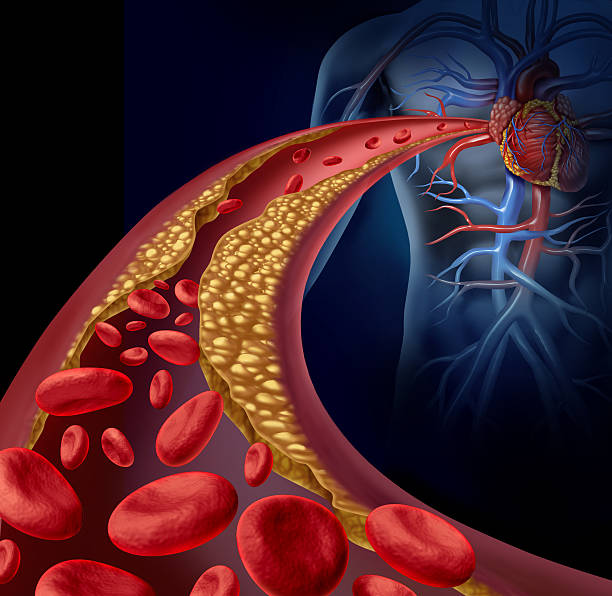
Heart disease is an umbrella term for many heart conditions that affect the heart’s ability to pump blood efficiently. The most common type of heart disease in the United States is coronary artery disease (CAD), which impedes blood flow to the heart. Certain people are at higher risk of heart disease. People who are sedentary, overweight or obese, smoke or drink excessively, have an unhealthy diet, or have diabetes can suffer from heart disease.
Many people may not have symptoms of heart disease until they suffer a heart attack, stroke, or heart failure. However, for some, it can present symptoms. Let’s discuss the symptoms of heart disease in your blood vessels.
Symptoms of Heart Disease
Heart disease symptoms usually occur when something happens in the arteries. Coronary heart disease can cause plaque – fat and cholesterol deposits – to build up in the walls of the arteries, the blood vessels that supply oxygen to the heart. The buildup of plaque causes a narrowing of an artery, which can partially or completely block the blood flow to the heart, also referred to as atherosclerosis.
Symptoms of atherosclerosis include:
- Chest pain or angina (even while at rest)
- Fatigue
- Feeling hot and clammy (even at comfortable temperatures)
- Shortness of breath
- Pain in the arms or legs. There are arteries in the arms and legs, and if plaque builds up in them, it causes peripheral arterial disease (PAD), which can cause leg pain, cramping, or numbness.
- Unexplained stomach pain.
Heart disease symptoms are not always severe. If you experience these symptoms, no matter how mild, seek medical care. These are not to be taken lightly, as they could lead to fatal outcomes.
What To Do About Heart Disease
Heart disease requires life-long management to improve quality of life and reduce the risk of mortality. Medicine to reduce cholesterol levels helps prevent the buildup of plaque in the arteries. Lifestyle changes, which involve eating a high-fiber, low-fat diet, cutting down on smoking and drinking, and exercising regularly may also help.
Heart disease patients need support from a primary care provider, who can order some tests to evaluate their heart function and monitor their weight, blood pressure, and cholesterol levels. A primary care provider is experienced in disease management and can design a treatment plan that can help with maintaining a normal weight, as well as controlling your blood pressure, blood sugar, and cholesterol levels. In severe cases, primary care providers can perform surgery to remove plaque or create a detour around a clogged artery.
Heart Disease Treatment in Wellington and Royal Palm Beach, FL
For individualized treatment from a primary care provider, choose Advanced Medical. Dr. Ishan Gunawardene is a board-certified internal medicine provider trained in the diagnosis, treatment, and prevention of medical conditions that affect adults, including heart disease. Dr. Gunawardene will help get your heart condition under control and reduce your risk of complications.
Dr. Gunawardene uses a compassionate approach to each patient. He will oversee your care from diagnosis to recovery and long-term maintenance. To schedule an appointment with Dr. Gunawardene, call our clinic today at (561) 434-1935 or use our online request form.

